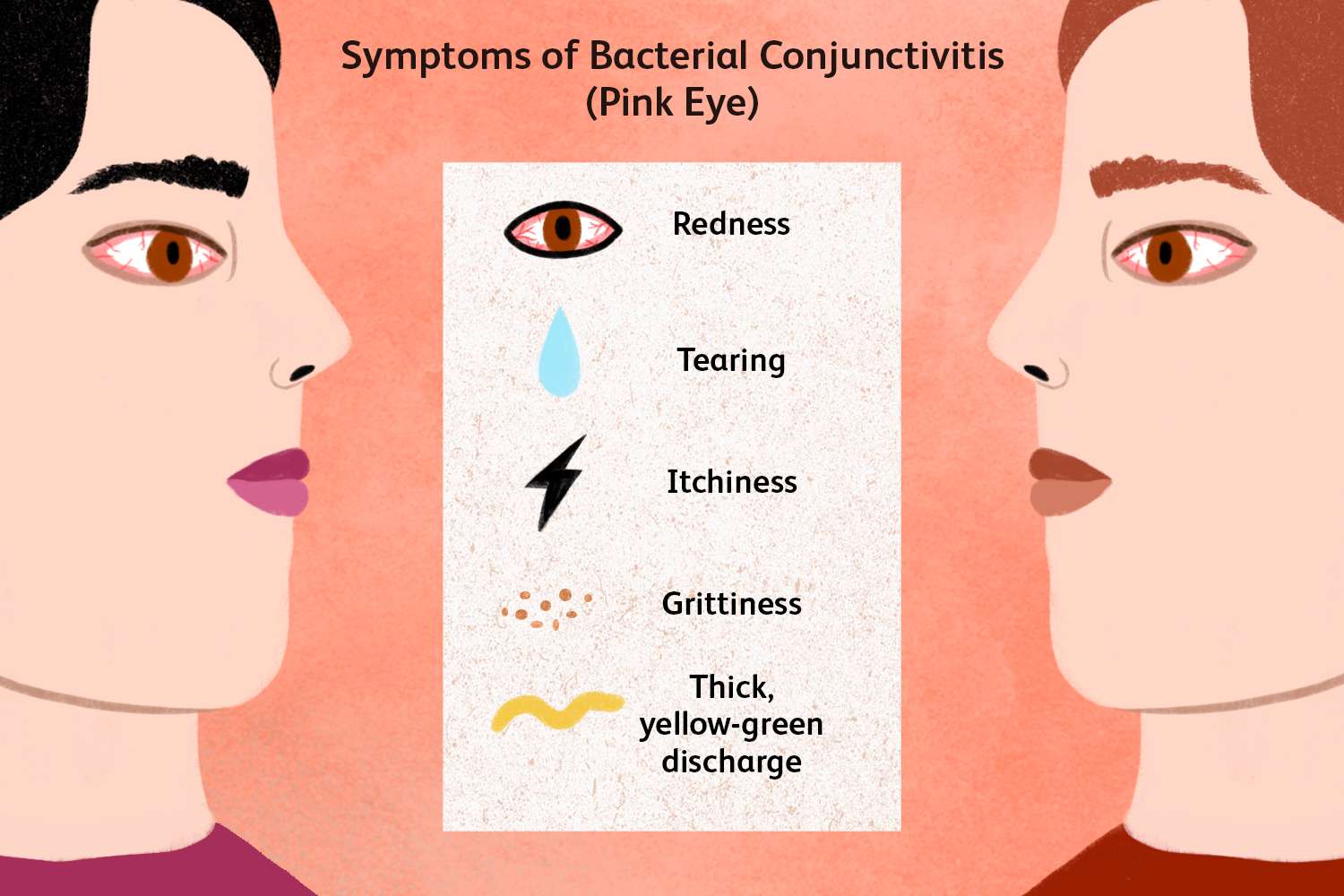


Case of conjunctivitis, or ‘pink eye’, are on the rise in several parts of the country. The disease can be caused by viruses, bacteria, or allergens, and in some cases can be highly infectious. It usually gets better in a couple of weeks without treatment. A conjunctivitis patient generally experiences eyes turning red, feeling itchy and painful, and witnessing a watery or thicker discharge.Foods packed with antioxidants, vitamins and minerals can reduce the damage further caused due to the infection.
• Vitamin C- The surface of the eyes contains vitamin C for antioxidant defense. In case of inflammation in the eyes, like in conjunctivitis, the requirement for vitamin C goes up. Thus, it is good to eat Vitamin C containing food like citrus fruits, strawberries, cherries, tomatoes and broccoli.
• Vitamin A- It helps boost immunity against infection like conjunctivitis. Increasing intake of these vitamins through natural dietary sources such as green leafy vegetables, fish oil and eggs.
•Vitamin E helps in fighting eye stress and inflammation. It is found in almonds, walnuts, flaxseeds, sunflower seeds.
•Lutein and zeaxanthin-These are antioxidants that improve eye health.
•Fish –Salmon, sardines and tune are rich sources of omega 3 fatty acids that can help to reduce inflammation and support good eye health.
Do’s
•Put a warm compress on the eyes: Applying gentle pressure with a warm, wet washcloth on the eyes can help reduce itching and discomfort. • Clean and change pillowcases often: Change bed sheets and pillowcases frequently to prevent reinfection if you are suffering from bacterial conjunctivitis.
• Wash your hands regularly: This reduces your risk in spreading the infection to others that may contact you directly or indirectly through items you have touched such as door knobs or phones etc. • Cold compresses: Place cold compresses on your eyes every few hours for about 10-15 minutes at a time throughout the day to reduce discomfort.
Don’t’s
• Avoid rubbing or touching the eyes: It is important to limit the amount of bacteria that gets near the eye by avoiding any sort of contact. If itching or irritation occurs, let it be and avoid rubbing or touching your eye area.
• Refrain from using makeup: Avoid using any cosmetics, especially mascara and eyeliner, while your eyes are inflamed in order to reduce irritation that may worsen symptoms of pink eye – especially when it comes to bacterial conjunctivitis!
• Refrain from going out in the sun. Wear sunglasses when going in direct sunlight.
Dr Anish Desai is MD, Clinical Pharmacologist and Nutraceutical Physician, Founder and CEO, IntelliMed Healthcare
Solutions.